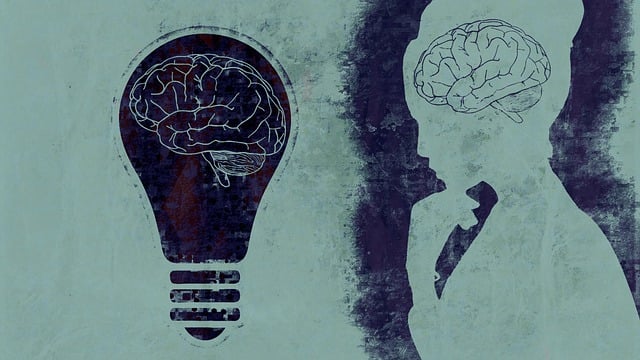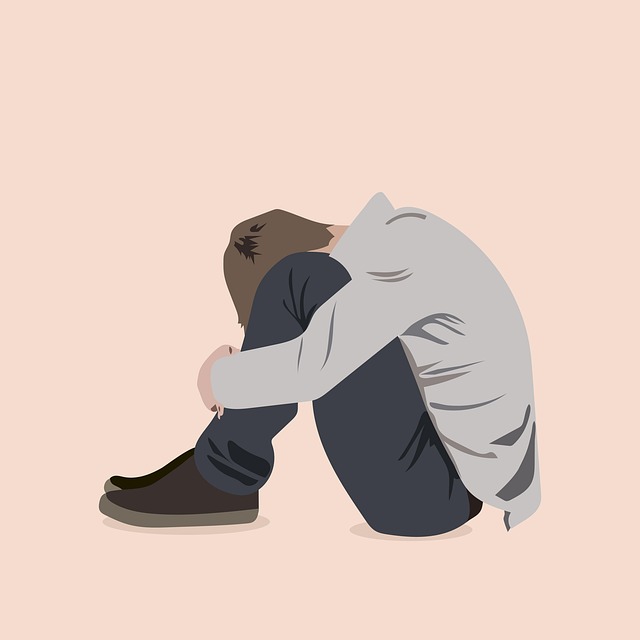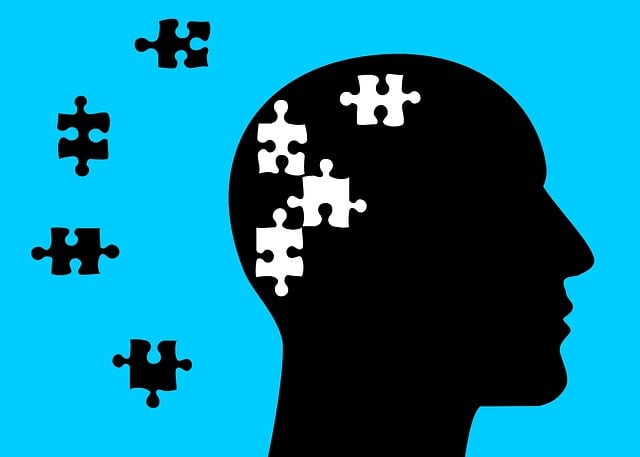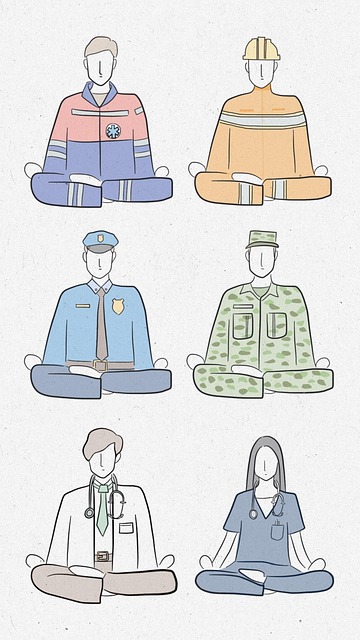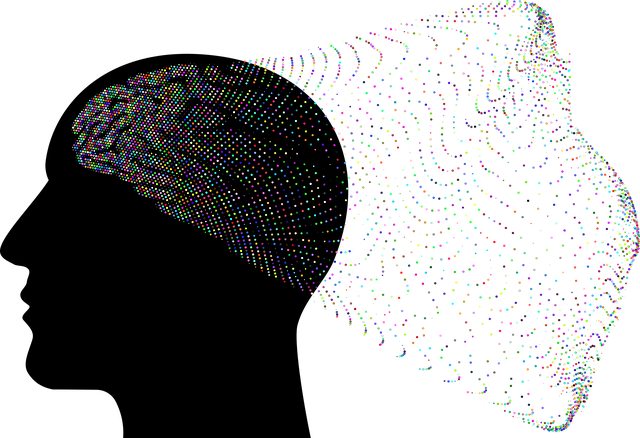Aurora Independent Medical Evaluations Therapy is a comprehensive risk assessment tool for mental health professionals, analyzing patient-specific factors and systemic issues. This process enables tailored interventions and fosters resilience through integrated Mental Health Education Programs Design. The evaluations personalize treatment plans, enhance therapist empathy, and facilitate accurate diagnoses, ultimately contributing to successful mental wellness outcomes. Harm minimization strategies, including stress management techniques, create supportive environments that build long-term emotional regulation skills for both staff and clients.
Risk assessment and harm minimization planning are critical components in ensuring patient safety and optimizing treatment outcomes. This article explores these essential practices, focusing on how understanding potential hazards and vulnerabilities can guide comprehensive therapy strategies. We delve into the role of Aurora Independent Medical Evaluations as a cornerstone for risk assessment, providing unbiased analyses that inform tailored interventions. Additionally, we discuss effective harm minimization strategies, emphasizing their vital role in protecting patients and enhancing therapeutic effectiveness.
- Understanding Risk Assessment: Unveiling Potential Hazards and Vulnerabilities
- Aurora Independent Medical Evaluations: A Cornerstone of Comprehensive Therapy
- Harm Minimization Strategies: Protecting Patients and Enhancing Treatment Outcomes
Understanding Risk Assessment: Unveiling Potential Hazards and Vulnerabilities

Risk assessment is a cornerstone of effective mental health practice, enabling professionals to identify potential hazards and vulnerabilities within their practices and patient populations. By employing Aurora Independent Medical Evaluations Therapy, mental health professionals can conduct thorough analyses that transcend mere identification of risks. This involves scrutinizing various factors—from individual patient characteristics to broader systemic issues—that could contribute to adverse outcomes. A comprehensive risk assessment not only uncovers potential threats but also informs tailored interventions aimed at minimizing harm.
In the context of Risk Management Planning for Mental Health Professionals, understanding these vulnerabilities is paramount. Integrating Mental Health Education Programs Design can empower professionals to proactively address identified risks. This proactive approach goes beyond mere compliance; it fosters a culture of resilience within mental health practices, ultimately enhancing Mental Wellness among both professionals and their clients.
Aurora Independent Medical Evaluations: A Cornerstone of Comprehensive Therapy

Aurora Independent Medical Evaluations play a pivotal role in comprehensive therapy programs, offering an unbiased and thorough assessment of patients’ psychological well-being. These evaluations are particularly crucial when addressing complex mental health concerns, such as anxiety relief and managing conditions that often carry a mental illness stigma. By engaging independent medical professionals, therapeutic practices can ensure that each patient receives a personalized treatment plan tailored to their unique needs.
This process involves comprehensive examinations, where experts consider various factors, from emotional health to physical well-being. Such evaluations foster empathy building strategies within the therapy setting, as therapists gain valuable insights into patients’ lives, fostering stronger connections and more effective interventions. This holistic approach not only aids in accurately diagnosing but also guides the development of harm minimization plans, contributing to successful outcomes in mental health care.
Harm Minimization Strategies: Protecting Patients and Enhancing Treatment Outcomes

Harm Minimization Strategies play a pivotal role in safeguarding patients and optimizing treatment outcomes, particularly within the context of Aurora Independent Medical Evaluations and therapy sessions. By employing proactive measures, healthcare professionals can create a supportive environment that fosters resilience and empowers individuals to manage their well-being effectively. One key strategy involves incorporating Stress Management techniques tailored to address specific patient needs. For instance, mindfulness practices and cognitive-behavioural therapies have proven effective in reducing anxiety and promoting Emotional Regulation, thereby enhancing the overall therapeutic experience.
These strategies not only mitigate risks associated with mental health challenges but also equip patients with valuable tools for long-term well-being. Through personalized interventions, healthcare providers can ensure that individuals leave each therapy session equipped with practical skills to navigate life’s stresses and maintain emotional balance. By prioritizing harm minimization, Aurora Independent Medical Evaluations aims to create a transformative journey, where patients not only find relief from immediate concerns but also develop sustainable strategies for optimal mental health management.
In the pursuit of optimal patient care, integrating risk assessment and harm minimization planning is paramount. By understanding potential hazards and vulnerabilities through comprehensive evaluations, healthcare professionals can proactively implement strategies like Aurora Independent Medical Evaluations to enhance therapy outcomes. These measures ensure a safer, more effective treatment journey, underscoring the importance of a proactive approach in modern medical practices.
